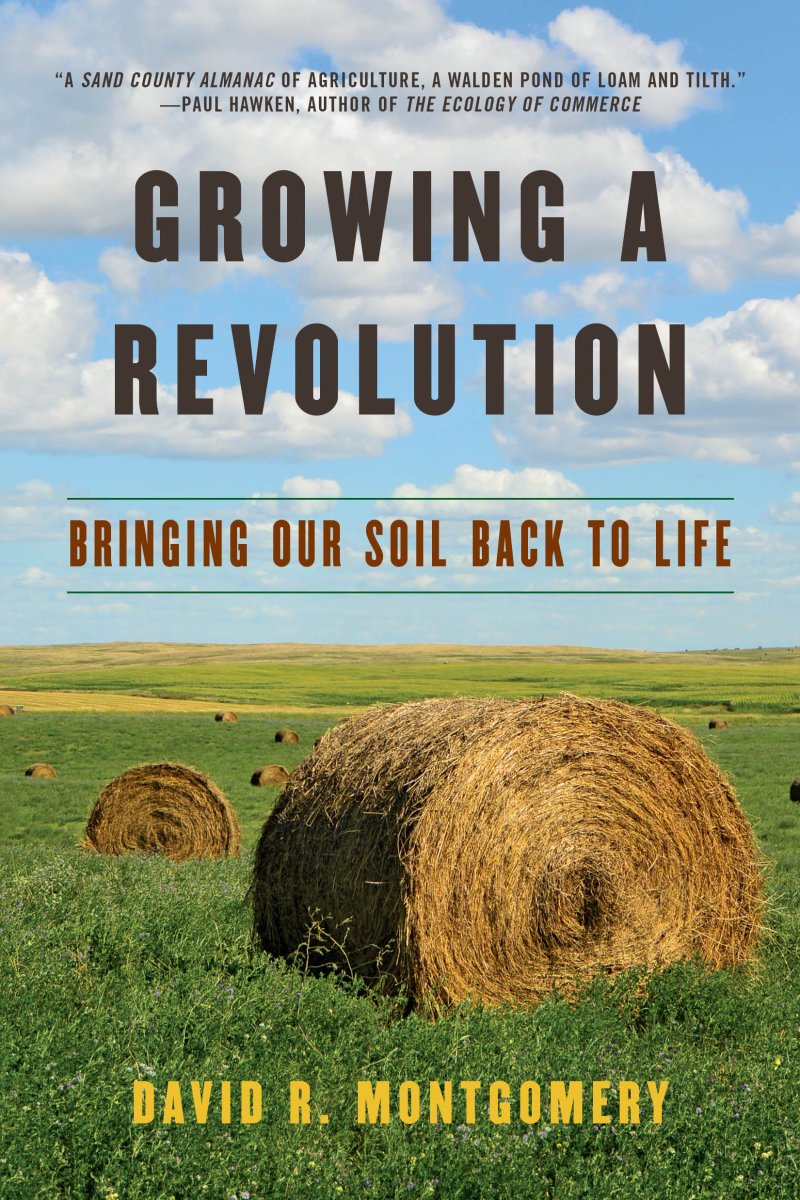New technologies and genetically modified crops are usually invoked as the key to feeding the world’s growing population. But a widely overlooked opportunity lies in reversing the soil degradation that has already taken something like a third of global farmland out of production. Simple changes in conventional farming practices offer opportunities to [return] health to the soil that grows our food.
…
And while mechanization, agrochemicals, and the Green Revolution transformed agriculture and boosted crop yields in the 20th century…The combination of highly disruptive mechanized tillage and heavy fertilizer use took a toll on soil organic matter and beneficial soil life…So far, America’s farms have lost about half their soil organic matter since colonial days.
…
Rebuilding fertility on the world’s degraded farmland is not only possible; we could do it remarkably fast—and profitably—with something called “regenerative agriculture.” I learned about this as I embarked on a six-month journey to visit small subsistence and large commodity farms while researching my book Growing a Revolution.
…
The secret to success? Giving up on plowing so as to minimize disturbance of the soil; planting cover crops to both protect the ground from erosion and build up soil organic matter; and adopting complex crop rotation pattern to thwart pests and pathogens.
Editor’s note: David R. Montgomery is a professor of geomorphology at the University of Washington. This article discusses his new book: Growing a Revolution: Bringing Our Soil Back to Life.
Read full, original article: To Feed the World Sustainably, Repair the Soil































